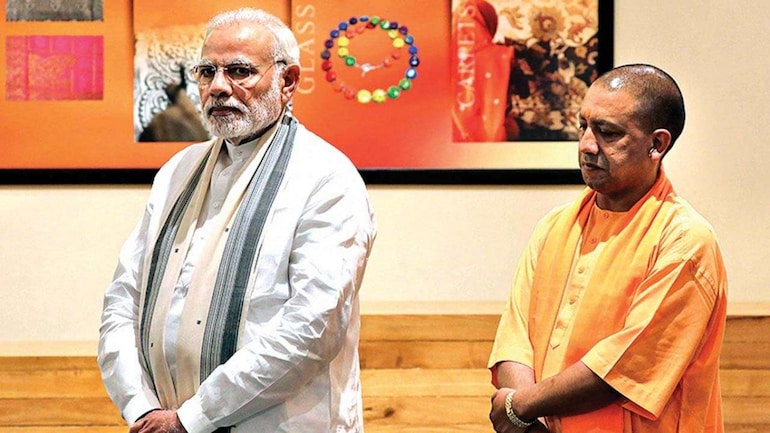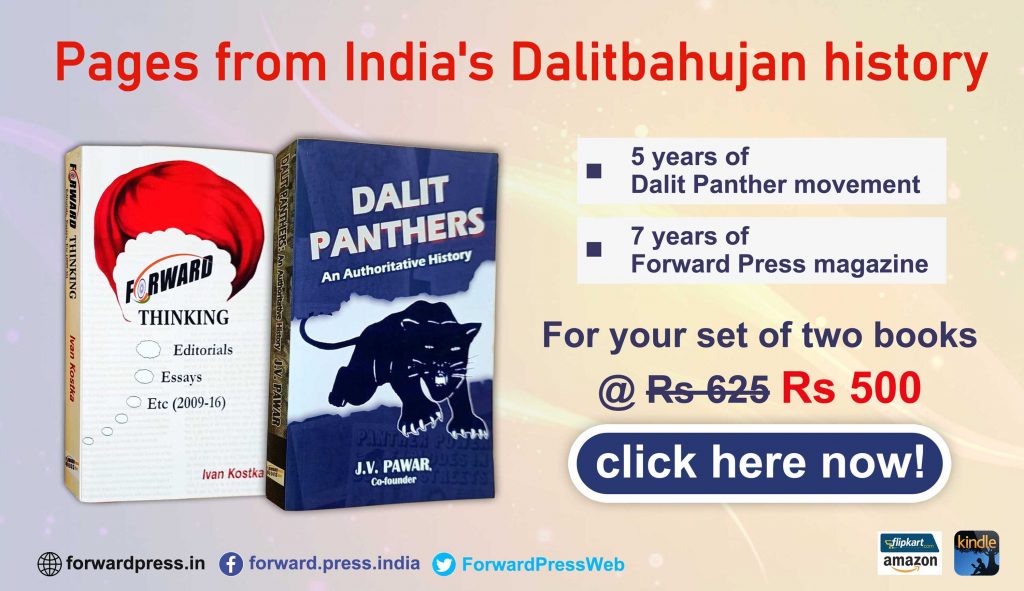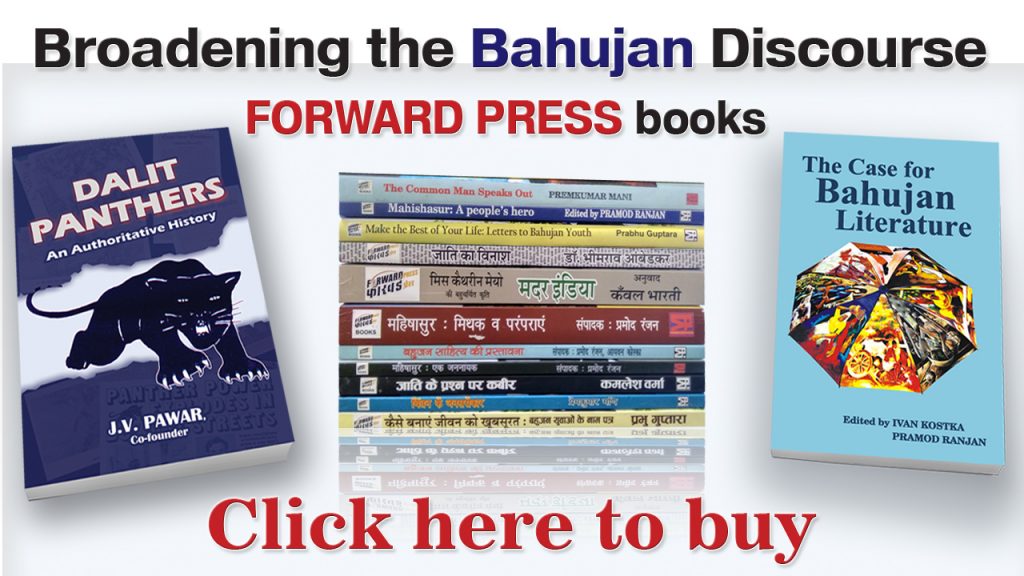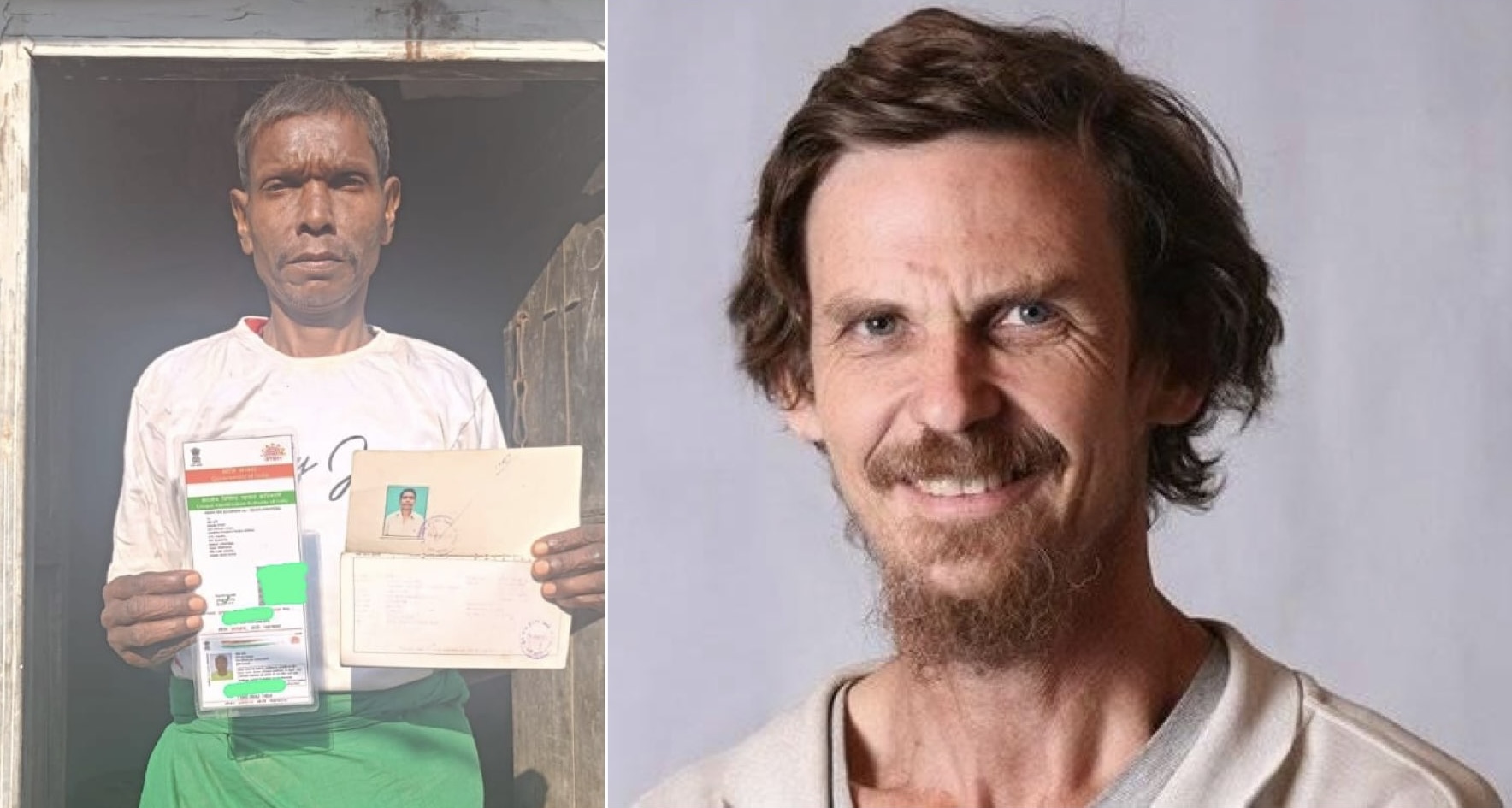Religions and religious conversions are two sides of the same coin. As long as there are religions, there will be conversions, too. Religious conversions will end only when religions themselves disappear from the face of this earth. But the stand of the Rashtriya Swayamsevak Sangh (RSS) and the Bharatiya Janata Party (BJP) – the self-appointed custodians of the Hindu religion – on this issue is baffling, to say the least. The oppression and exploitation of and discrimination against Dalits by the Hindus and the practice of untouchability do not perturb them. But Dalits switching to any other religion rankles them to no end. In Premchand’s story Saubhagya Ke Kode, Raisahab frees Nathua, a Dalit child, from the clutches of a Christian and keeps him as a servant at his home, with food leftovers as wages. Premchand writes, “He is not bothered that Nathua would be able to acquire an education in the mission and live a comfortable life. He only wants him to continue to be a Hindu. He considers the leftovers from his home more sacred than the food provided by the mission. Cleaning the rooms of his house is better than studying in the mission’s school. He should remain a Hindu, no matter what his condition. Once he becomes a Christian, he would be lost forever.”
This is exactly what the RSS and the BJP think. They don’t want the Dalits to leave Hinduism. Even if, as Hindus, the Dalits have to face humiliation, for the RSS and the BJP, it is better than the respect they will get in the other religions. That is why the BJP state governments have enacted statutes, outlawing forcible conversions and making them a punishable offence. These statutes prescribe long jail terms for the individuals and the functionaries of organizations who proselytize.
What is forcible conversion? Can anyone be forcibly converted to another religion? There is no denying the fact that in some circumstances it is possible. It happened in both Pakistan and India during the Partition. Most of its victims were women. But generally speaking, in normal circumstances, no unwilling person can be forced to exchange one religion for another. Religious conversions are nothing new for India – they have been happening and will continue to happen. As long there is religion, there will be conversions. Guru Gobind Singh founded the Sikh religion and converted lakhs of Hindus to Sikhism. Swami Dayanand Saraswati propagated Arya Dharma and under his influence, lakhs of Sanatani Hindus turned Arya Samaji. These, too, were religious conversions. But they were not forcible conversions. The Brahmins, of course, did not launch a “Shuddhi Movement” against the Sikhs or the Arya Samajis. But when Dalits began converting to Christianity and Islam, the organizations of brahmanical Hindus were furious. Swami Shraddhanand, the leader of one such organization, launched the Shuddhi Movement. He caught hold of Dalit Muslims and Christians and pushed them back into the hell that Hinduism was for them. Similarly, the RSS launched the Gharwapsi (homecoming) campaign, under which arm-twisting tactics were used to re-convert Dalit Christians and Muslims to Hinduism. This was also forcible conversion. But the authorities looked the other way.
The fact of the matter is that anti-forcible conversion laws have been promulgated to target particular communities – Muslims and Christians. An incident in the Shahabad Tehsil of Rampur district in Uttar Pradesh illustrates the point. A Muslim youth was arrested on the charge of marrying a Hindu widow, after having her convert to Islam. The imam also toed the police line, probably under the pressure from the police. Hindus as well as Muslims know that the consent of both the bride and the groom is mandatory for a nikah, that is a Muslim wedding. The imam or the quazi conducting the wedding asks both at the outset whether they accept the union. Not once, but thrice he asks, “Nikah kubul hai ya nahin?” (Do you accept the Nikah or not?). If either of the parties says no, the marriage does not go ahead. Clearly, if the widowed woman was being forced to marry, she would have said so on the Imam’s prompting. Had she said “no”, the marriage would not take place.
Some time ago, the Uttar Pradesh police arrested two maulanas, Jehangir and Omar. The police said that they had converted around a thousand poor Hindus to Islam. Islamic literature was seized from their possession and it was also alleged that they had links with the ISI. The police alleged that they had received funds from foreign sources, so a case of money laundering was also registered against them. Four things stand out in this entire episode – one, conversion of poor Hindus; second, seizure of Islamic literature; third, ISI links and fourth, foreign funding.

Needless to say, the police will follow the dictates of the BJP government in this matter. Uttar Pradesh Assembly elections are close at hand and such cases are useful to whip up Hindutva frenzy in the state. Hindu-versus-Muslim narrative diverts the attention of the people from basic issues like education, health and employment.
Let us study the case a bit more closely. Unless the judge is a BJP acolyte, the case won’t stand judicial scrutiny. And in case he is – recently a High Court judge had admitted that he is associated with the BJP – the accused may be convicted and may have to spend years behind bars.
Question No 1: How did the police know that the accused Maulana Jehangir and Omar had converted a thousand poor Hindus? According to newspaper reports, the two Maulanas themselves admitted this to the police. This means that the police are not in the possession of statements of the thousand people who have allegedly been converted. Even if the accused duo has admitted to having converted a thousand Hindus, the act would constitute a crime only if the conversions were carried out forcibly. The organization for which Jehangir and Omar work is engaged in the propagation of Islam – just like the Ramakrishna Mission is engaged in the propagation of Vedanta; the RSS, of Hindutva; the Gita Press, of Sanatan (Brahmanical) religion; Mahabodhi Society of India, of Buddhism; Shiromani Gurdwara Parbandhak Committee, of Sikhism; and Bible Society of India, of Christianity. If, as workers of Islamic Sewa, Jehangir and Omar are guilty of conversion, why are the same charges not being pressed against Ramakrishna Mission, RSS, Gita Press, Mahabodhi Society of India, Shiromani Gurdwara Parbandhak Committee and Bible Society of India?
If Jehangir and Umar are a gang running a conversions’ racket, why aren’t Ramakrishna Mission, RSS, Mahabodhi Society of India, Shiromani Gurdwara Parbandhak Committee and Bible Society of India also labelled so? If Jehangir and Omar have been receiving foreign funding, so do Ramakrishna Mission, RSS, Mahabodhi Society of India, Shiromani Gurdwara Parbandhak Committee and Bible Society of India. Why shouldn’t they be charged with money laundering? It is apparent that the police are acting on behalf of the Hindus to give a communal tinge to the incident.
Police say that Islamic literature was seized from Jehangir and Omar. What is objectionable about it? Will those serving Islam keep Hindu literature in their homes? Had Hindu literature been seized from them, would it have made them nationalists? The police have not clarified what kind of Islamic literature was seized from them. But we can assume that the “literature” was the Quran, Hadiths and commentaries on them. Surely, bomb-making manuals were not seized from them. Of course, if the police had decided to persecute them, they could have very easily shown the seizure of such literature from them. Since they are Muslims, the police have connected them to the ISI. This is also a very common stratagem. Adivasis fighting for their lands are routinely dubbed as having links with the Maoists.
The Indian police have framed in this manner not one or two but thousands of innocent people. Ninety per cent of them have been honourably acquitted by the courts – but after rotting in jails for years and their lives having been ruined.
(Translation: Amrish Herdenia; copy-editing: Anil)
Forward Press also publishes books on Bahujan issues. Forward Press Books sheds light on the widespread problems as well as the finer aspects of Bahujan (Dalit, OBC, Adivasi, Nomadic, Pasmanda) society, culture, literature and politics. Contact us for a list of FP Books’ titles and to order. Mobile: +917827427311, Email: info@forwardmagazine.in)
The titles from Forward Press Books are also available on Kindle and these e-books cost less than their print versions. Browse and buy:
The Case for Bahujan Literature
Dalit Panthers: An Authoritative History







